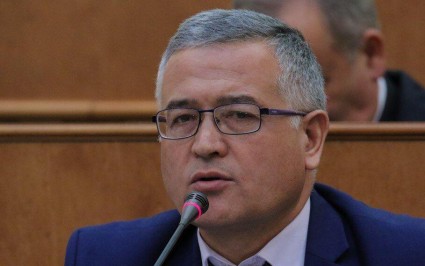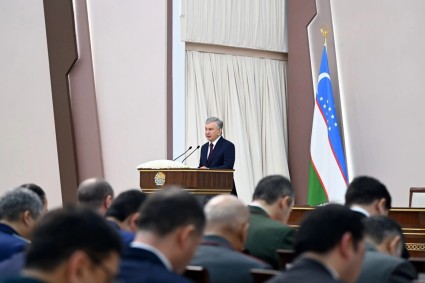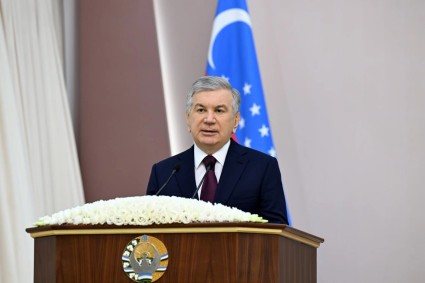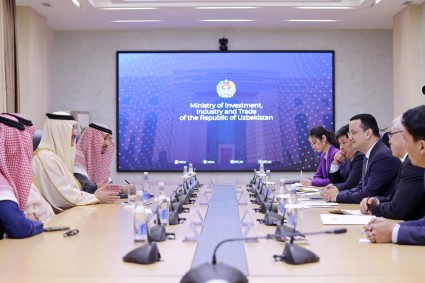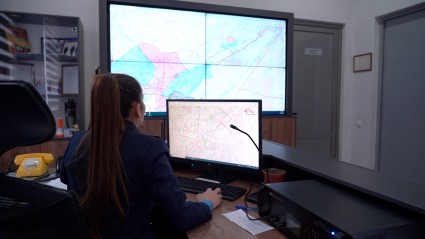MPs of the Legislative Chamber at its October 7 session passed the bill banning filming of individuals without their consent, the press service of the Chamber said today.
The Bill has proposed to require consent for filming and use of a person's image, and also stipulated that children are deemed independent persons when their images are recorded and distributed.
The bill has also outlined exceptions (not disclosed at the session, but published in the draft in March, although they may have been amended during the revision ) when filming without a person's consent may be allowed, and has set out requirements for ensuring privacy during video surveillance.
When filming minors under 16, consent must be given by a parent or guardian. Furthermore, if video surveillance is installed in public places, a warning about filming must be posted in a visible and accessible location.
The original draft prohibited the installation of video cameras "in places where people are completely or partially naked." However, the term "partially naked" could have led to varying interpretations in bill enforcement, so the wording has been clarified. The bill now clearly states that video surveillance shall be prohibited in locker rooms, restrooms, and similar areas.
Article 46-1 of the Administrative Code, which provides for penalties for the illegal collection or dissemination of information about a person's private life that constitutes a personal or family secret without their consent, is proposed to be supplemented with a new provision. Specifically, the use of hidden technical tools (a hidden camera or voice recorder) to obtain such information will be punishable by a fine of 10 to 40 basic calculation units (4.12 million to 16.48 million soums) with confiscation of the device.
The first part of the article stipulates liability for the collection and dissemination of such data, while the second part establishes liability for its use. This part of the provision sparked debate among MPs. Ten of them voted for the current version of the article, 108 members backed it, and six abstained.
The speaker stated that the bill had undergone linguistic review and received a positive opinion from the legal department.
121 MPs voted in favor of the bill's adoption in the second and third readings, with no votes against. The bill has been sent to the Senate.
The Ministry of Justice published a similar bill for discussion in February 2020. The document received 48 comments, with most opposing the bill due to a possible threat to freedom of speech.
In March of this year, the Ministry of Justice again published a bill proposing a ban on photographing individuals without permission. While five years ago, the use of a individual's image was defined as its distribution, processing, and display, now this concept can encompass disclosure, storage, and publication.







